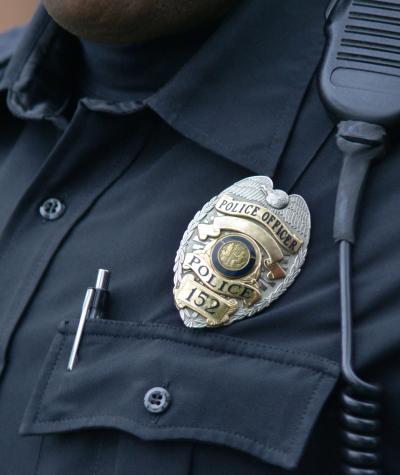Gov. Ron DeSantis of Florida and Gov. Brian Kemp of Georgia have both signed anti-voter bills into law to create partisan “election police force units.” These partisan agencies are ostensibly dedicated to pursuing voter fraud and other election crimes under the control of the governor’s office.
In reality, they are unnecessary wastes of taxpayer resources that can be abused to intimidate and harass voters, civic engagement organizations and hardworking election administrators.
In Florida, S.B. 524 creates the new Office of Election Crimes and Security, which is empowered to conduct independent inquiries into alleged election crimes and allow Florida’s governor to appoint their own “special officers” in every regional office of the State Department of Law Enforcement.
Similarly, Georgia’s S.B. 441 authorizes the Georgia Bureau of Investigation to investigate and issue subpoenas over allegations of voter fraud and election crimes.
Election police units give partisan state politicians even more control over how elections are conducted and scrutinized, a role traditionally held by nonpartisan election administrators and independent law enforcement agencies.
This misguided approach to election security opens the door for voter intimidation and harassment of civic engagement organizations and nonpartisan election administrators who are just trying to do their jobs.
Even though the 2020 election in both Georgia and Florida was safe and secure, what’s happening in these states is part of an alarming trend to criminalize and intimidate voters.
In general, U.S. elections are run by principled Americans dedicated to ensuring that every vote is properly counted. Following Election Day, election administrators use a variety of time-tested methods for counting ballots and certifying the outcome of elections. These procedures are designed to ensure that election outcomes are fair and accurate.
The increased criminalization of the election process could be weaponized to intimidate or harass minority voters and other vulnerable communities to discourage them from going to the polls.
Many states — including Florida and Georgia — already have systems in place to receive election-related complaints and allegations and deal with them in an efficient and effective manner.
For example, Florida’s Department of State already has authority to receive election-related complaints and allegations and typically refers any alleged election crimes to local law enforcement authorities for further investigation and, if necessary, prosecution.
There is no evidence to suggest that Florida’s existing elections infrastructure and local law enforcement were not capable of responding to allegations of election misconduct or criminal activity; indeed, in the days following the 2020 election, Gov. DeSantis praised Florida’s then-existing system, arguing that it “inspires confidence” and is “how elections should be run.”
Meanwhile, there are appropriate safeguards in places like Georgia that provide the Secretary of State and State Elections Board with broad authority to investigate allegations of election fraud, which continue to be exceedingly rare in the first place.
It’s notable that when Georgia’s Secretary of State’s office conducted three separate audits of the 2020 election results, it found zero evidence of widespread fraud.
Our democracy works best when all citizens can participate. We all care about integrity and fairness in our elections, and there are proven ways to safeguard our elections and achieve a more representative democracy in the process without creating unnecessary and expensive election police units.
These laws present a concerning avenue for partisan politicians to raise baseless doubts about legitimate elections results.
The right to vote is a basic American freedom. When elected officials pass laws that criminalize the work of election administrators and make it harder for voters to participate in elections, they undermine the security of our elections and deny voters their most fundamental freedom to vote.

